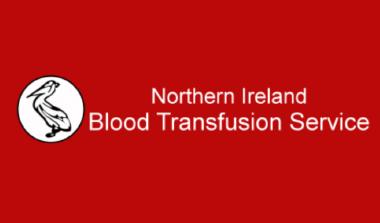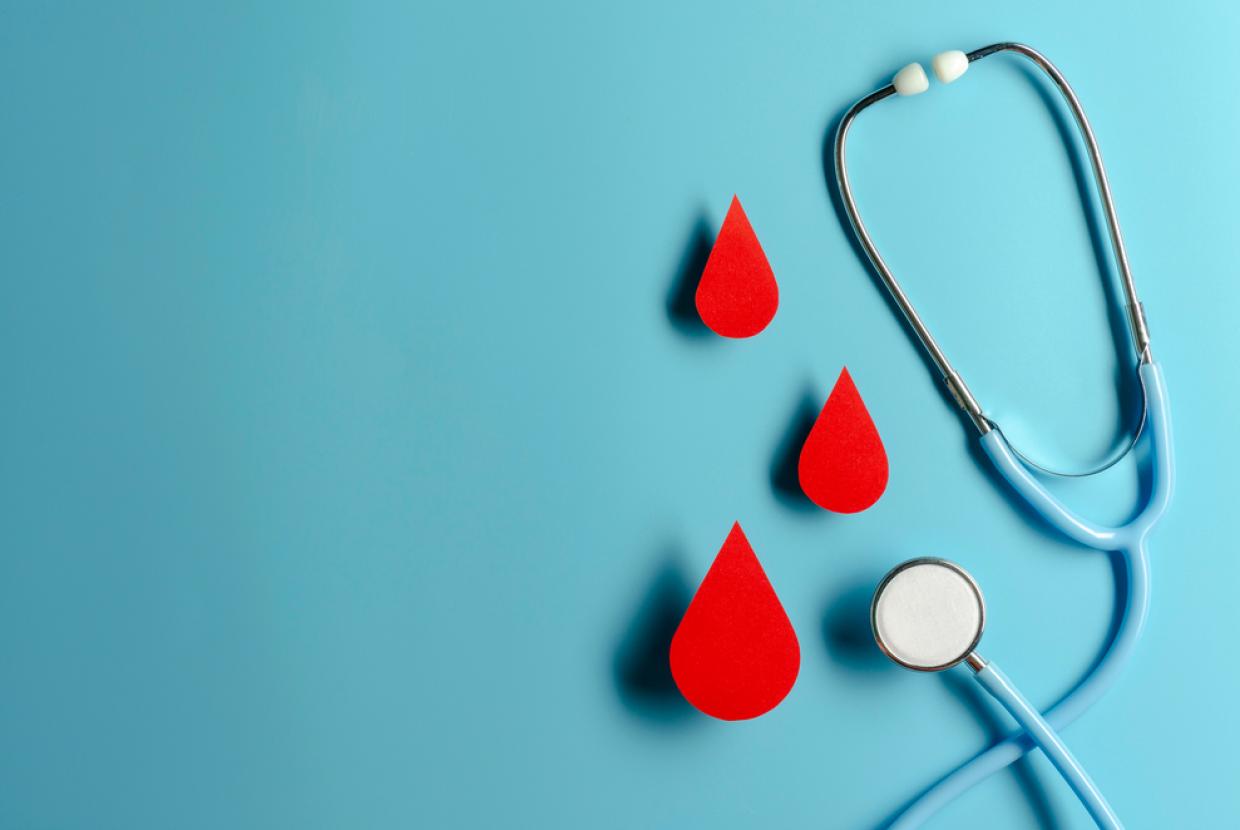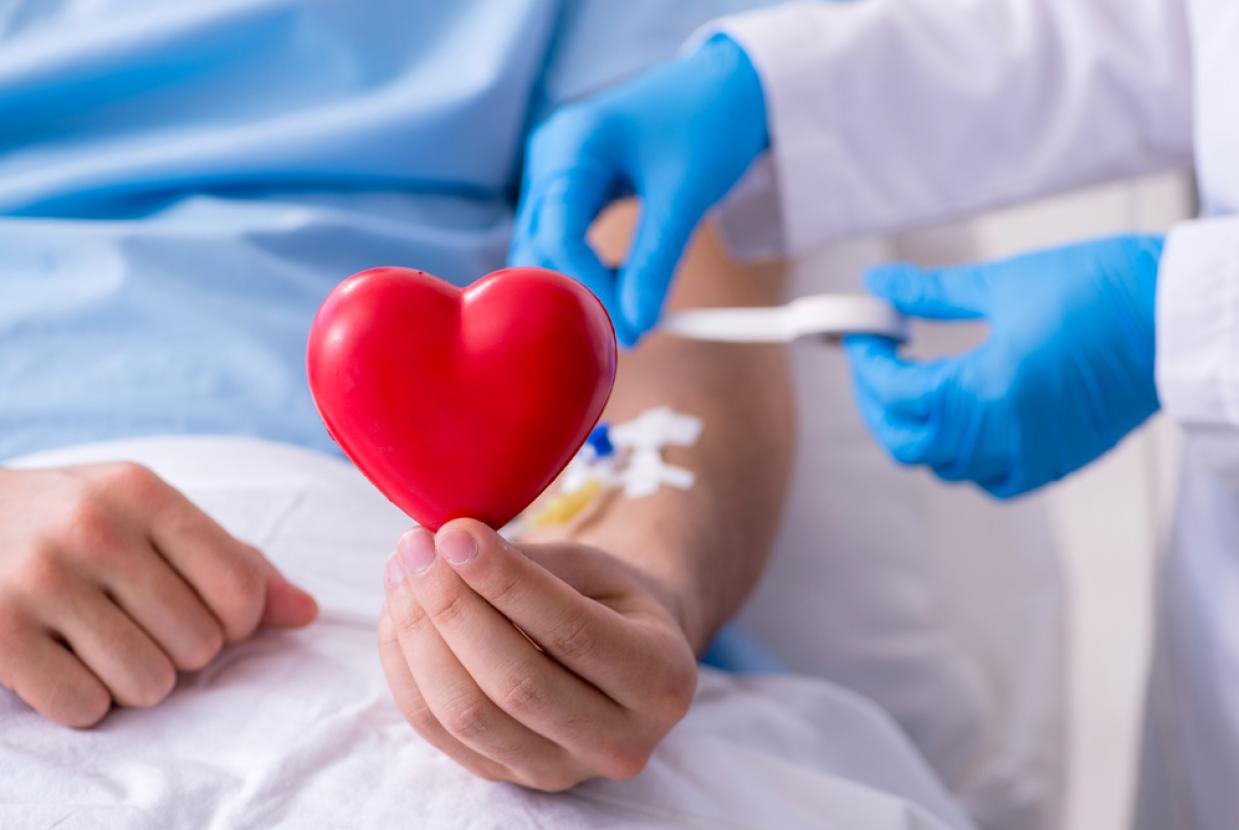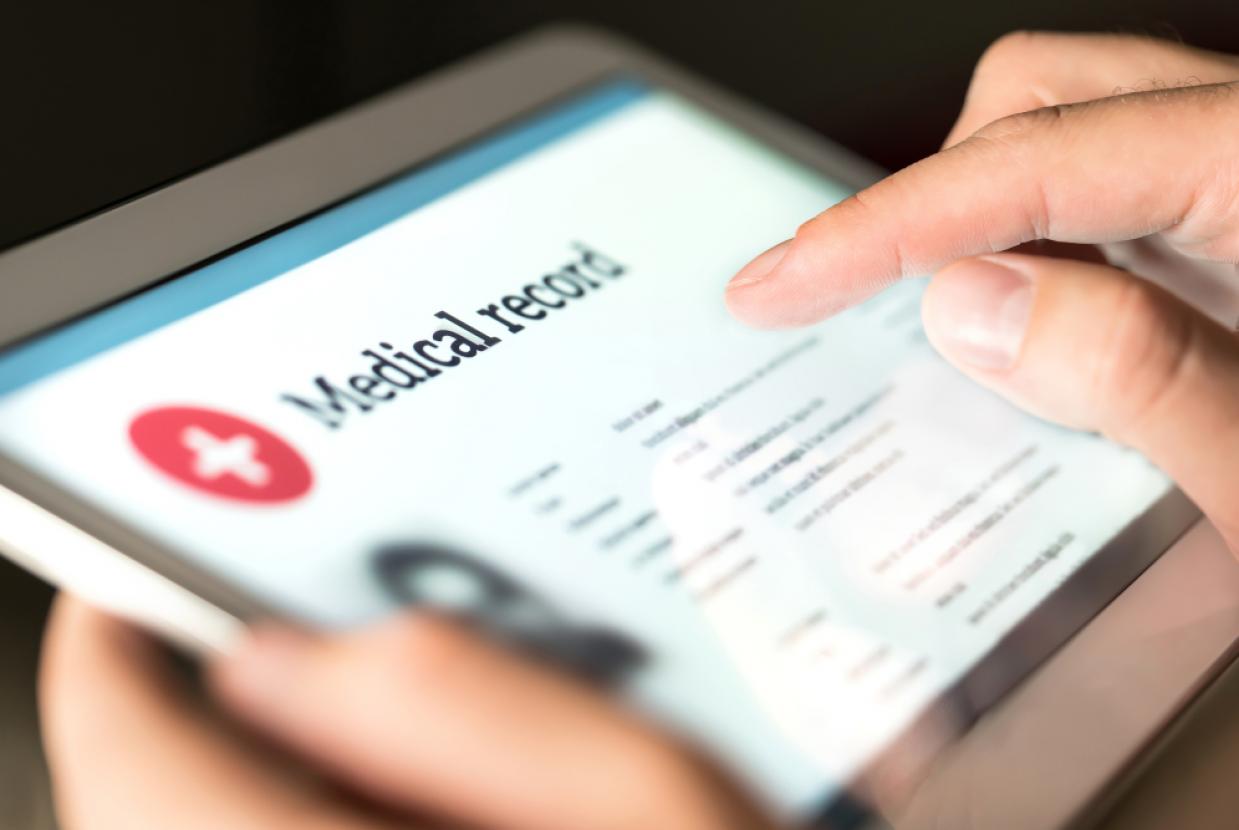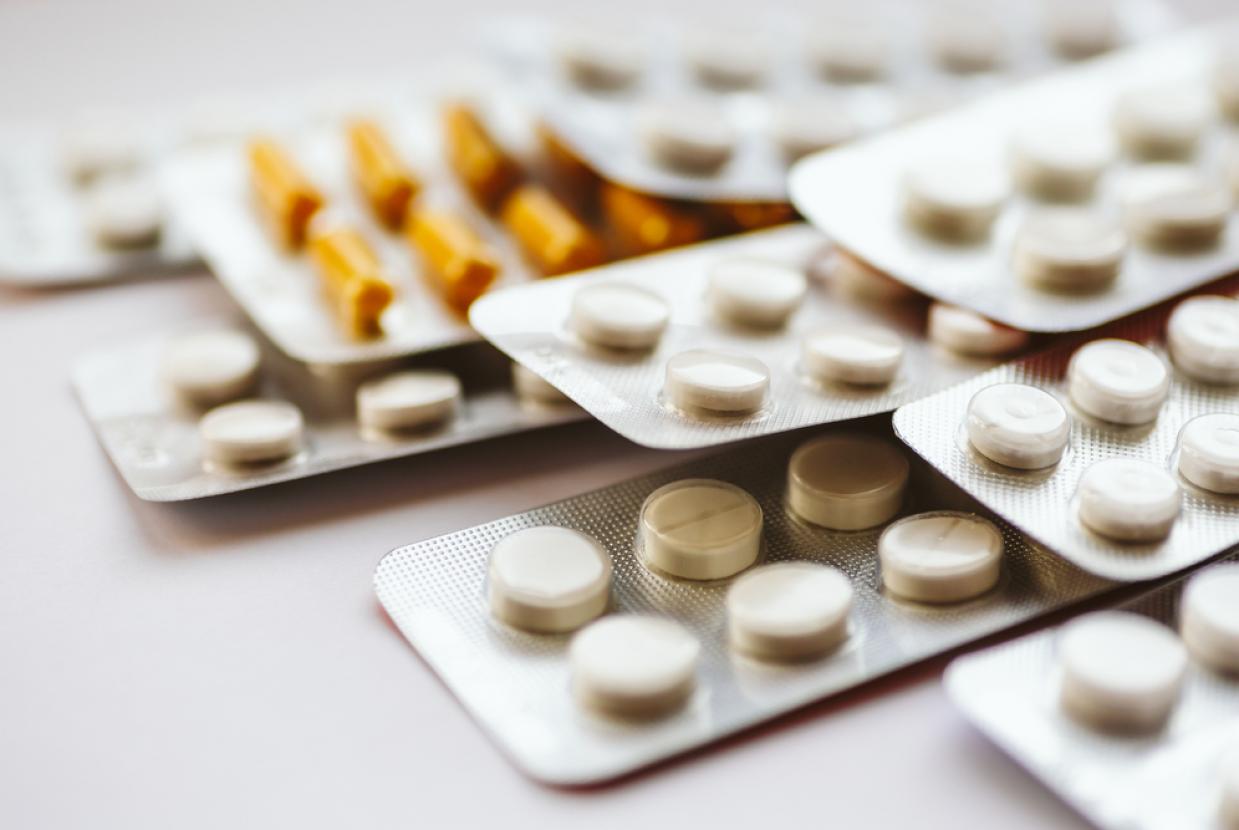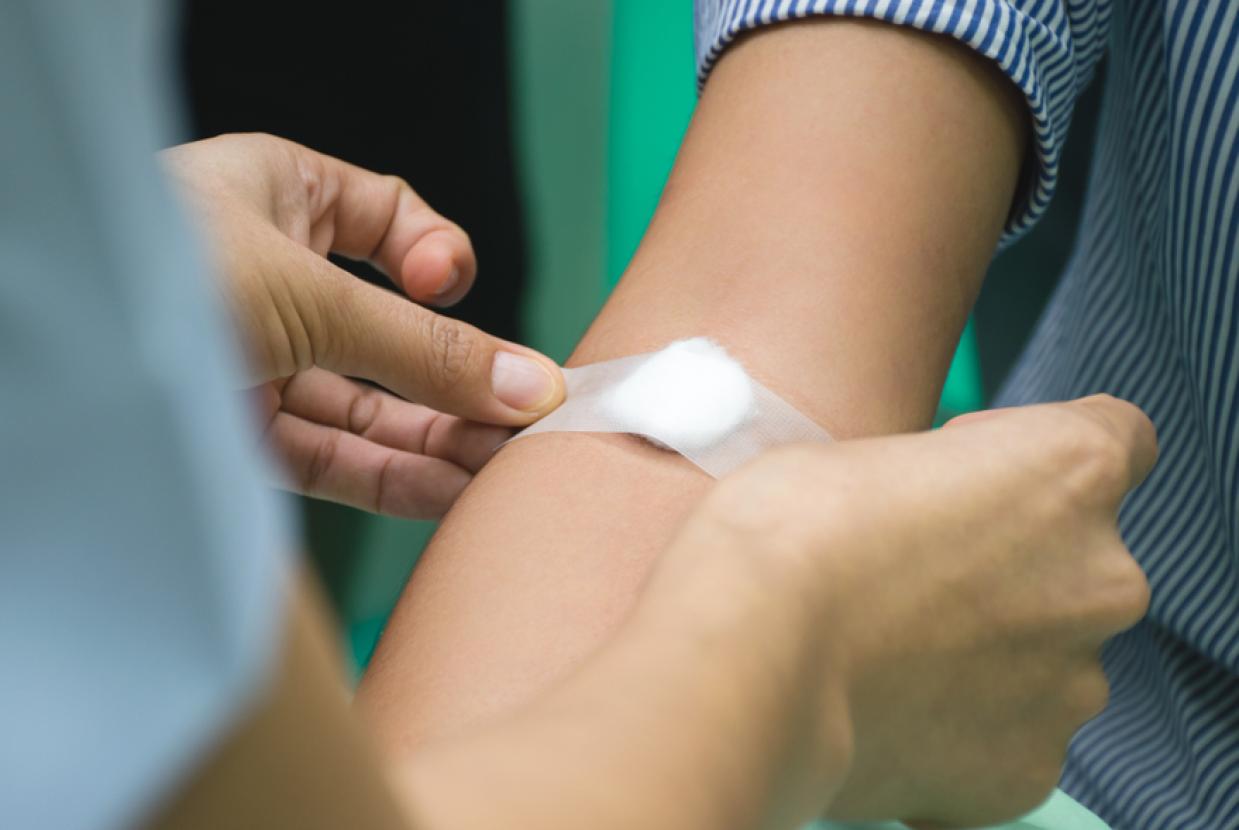Frequently Asked Questions
The Northern Ireland Blood Transfusion Service exists to fully supply the needs of all hospitals and clinical units in the province with safe and effective blood and blood products and other related services. The discharge of this function includes a commitment to the care and welfare of our voluntary donors.
When can I donate if I've received the COVID vaccination, or booster?
You must wait for 7 days after your vaccination.
When can I donate if I've had the Flu vaccination?
As long as you feel well, you can donate on the day you receive the vaccine.
How long does it take to donate blood?
The actual collection of blood will take approximately 10 minutes. Please allow about 45 minutes in total for entire visit.
How much blood will be taken?
About 470ml, or just under half a litre of blood per donation.
Can I go back to work after donating?
There should be no reason why you can’t return to work after donating unless you have a hazardous occupation.
What are the complications of blood donation?
For the vast majority of people, blood donation is a very straightforward and trouble-free experience. However, occasional problems can occur:
- Bruising: Bruises can develop when it has been difficult to obtain a blood donation, or when there has been some leakage of blood from the vein into the arm tissues after giving blood. Most bruises are small and not serious. Rarely, the bruise may be larger and painful.
- Fainting: A few people can feel faint after giving blood. To try and avoid this, you will be asked to rest after your donation for a short time (a longer time for first time donors) and you will be given something to drink. We also advise donors to take plenty of fluids and to avoid strenuous exercise for the next few hours. You should obviously also avoid taking part in any hazardous hobbies, such as rock climbing, scuba diving etc. or in any activity which could cause a risk to you or others if you were to feel faint or weak. Our staff on session are fully trained in dealing with donors who feel faint.
- Uncommon risks: Very rarely, insertion of the needle may cause irritation of a nerve close to the vein or may cause inflammation in the arm. These complications are unusual.



